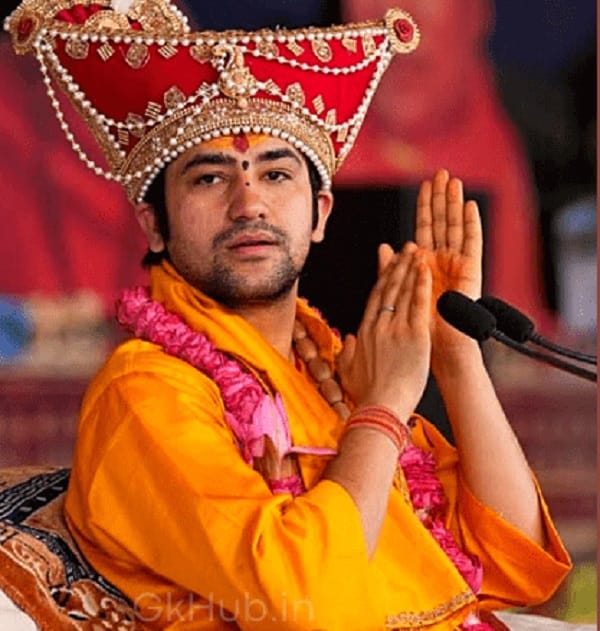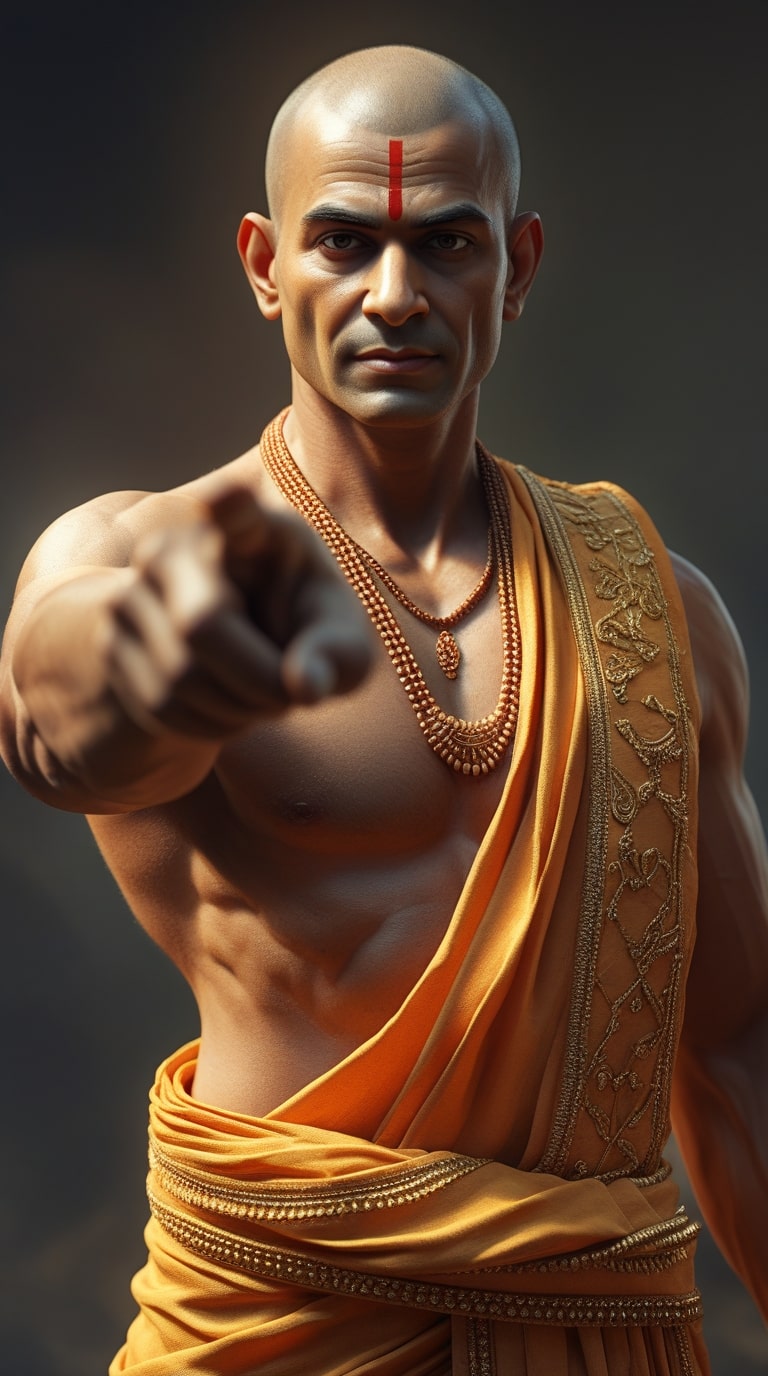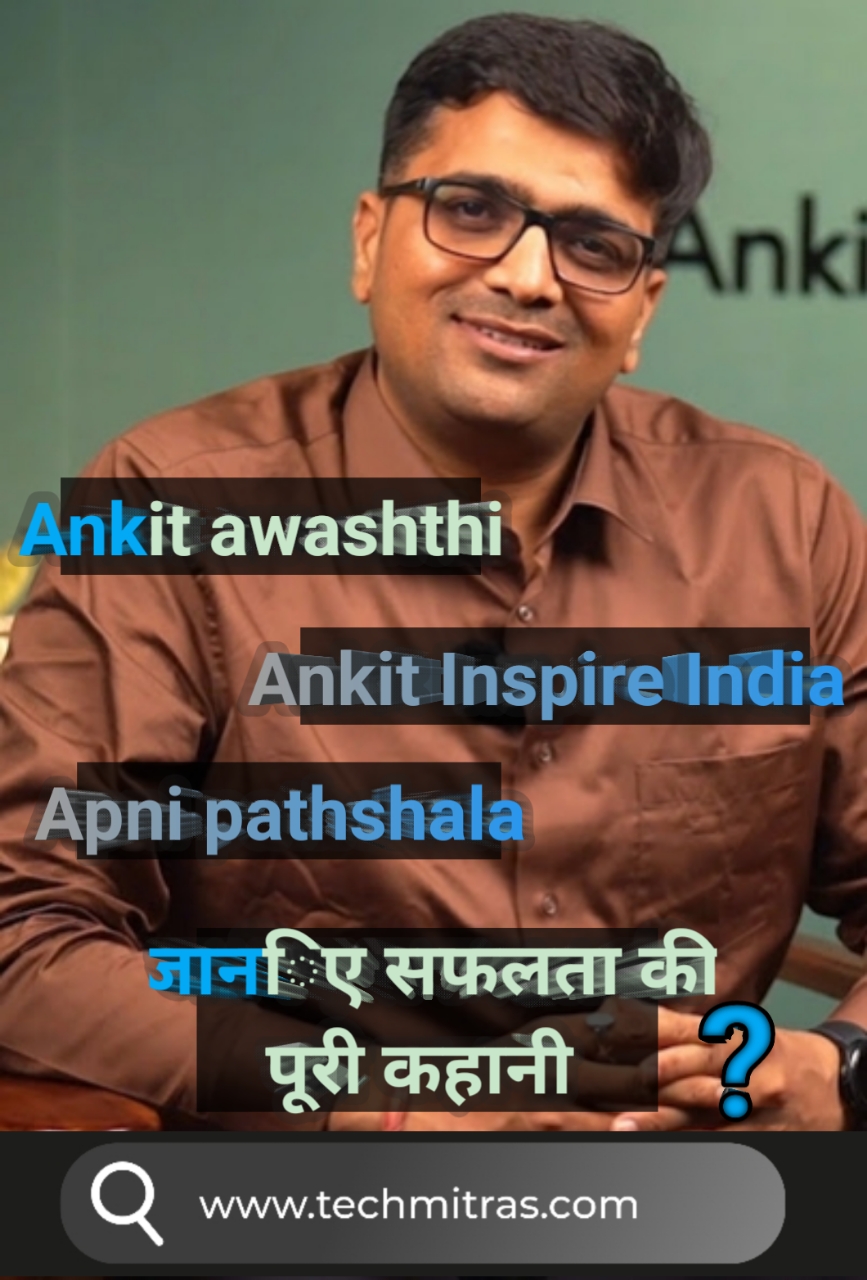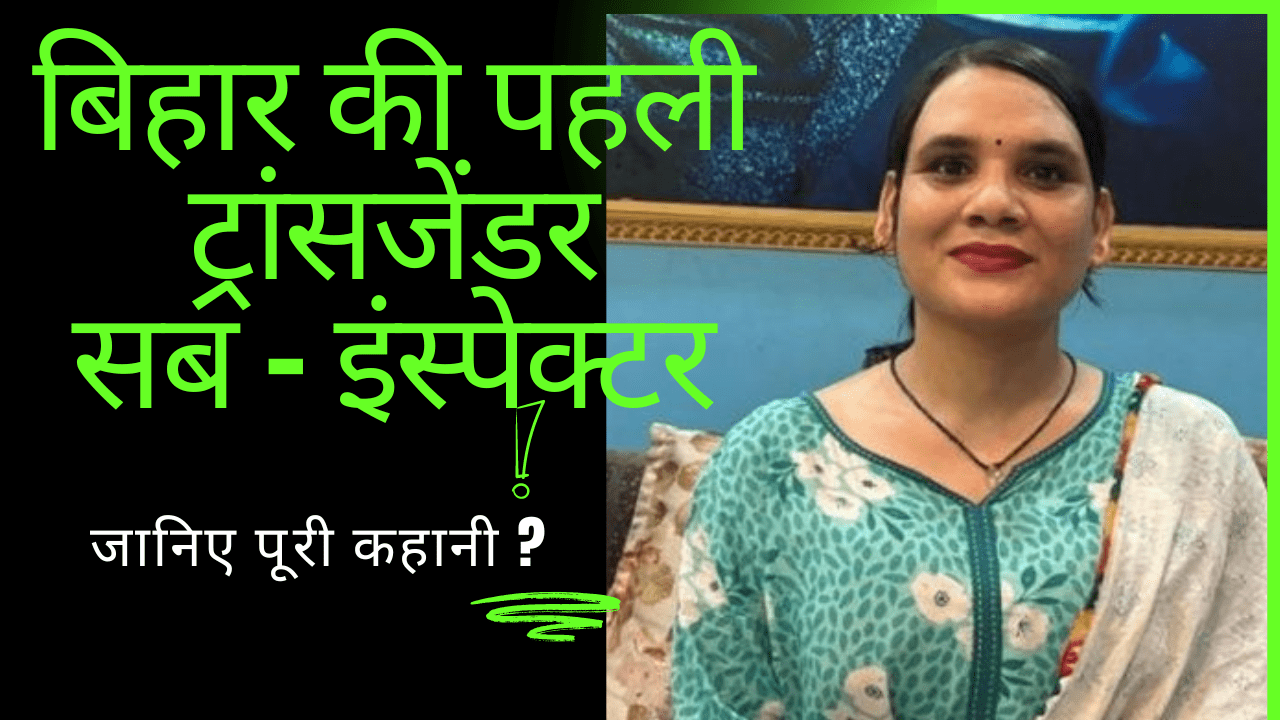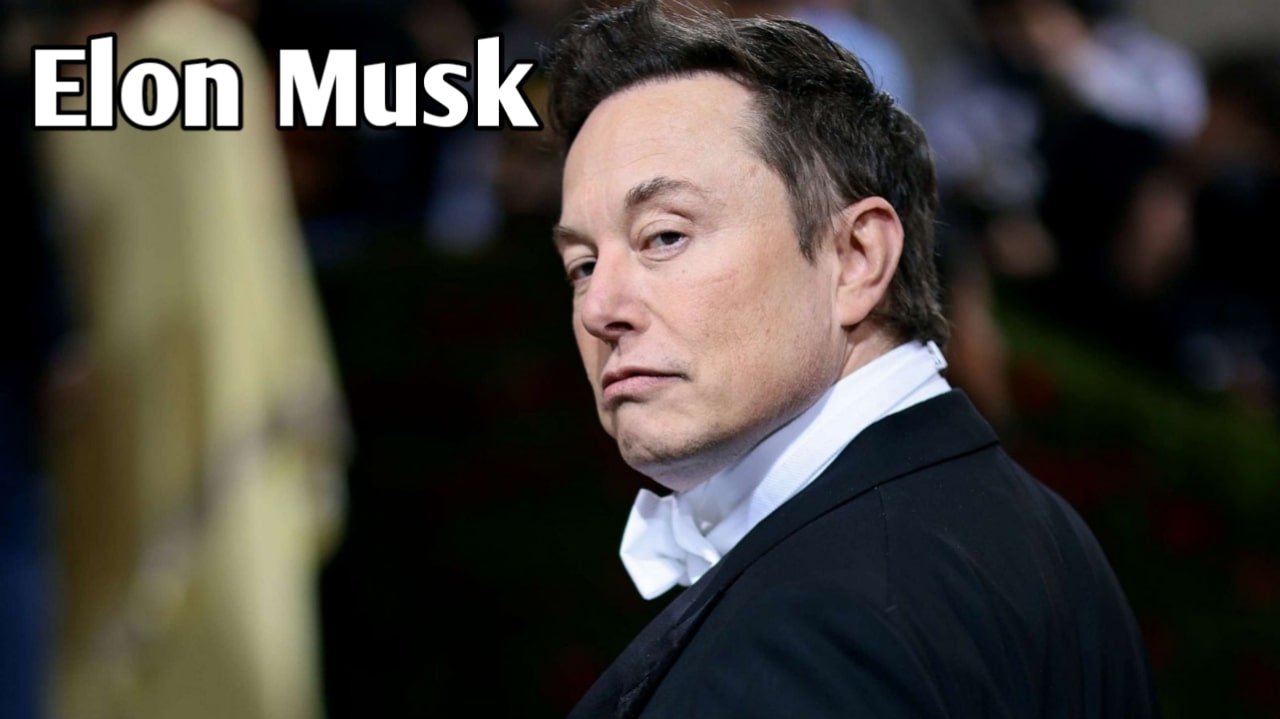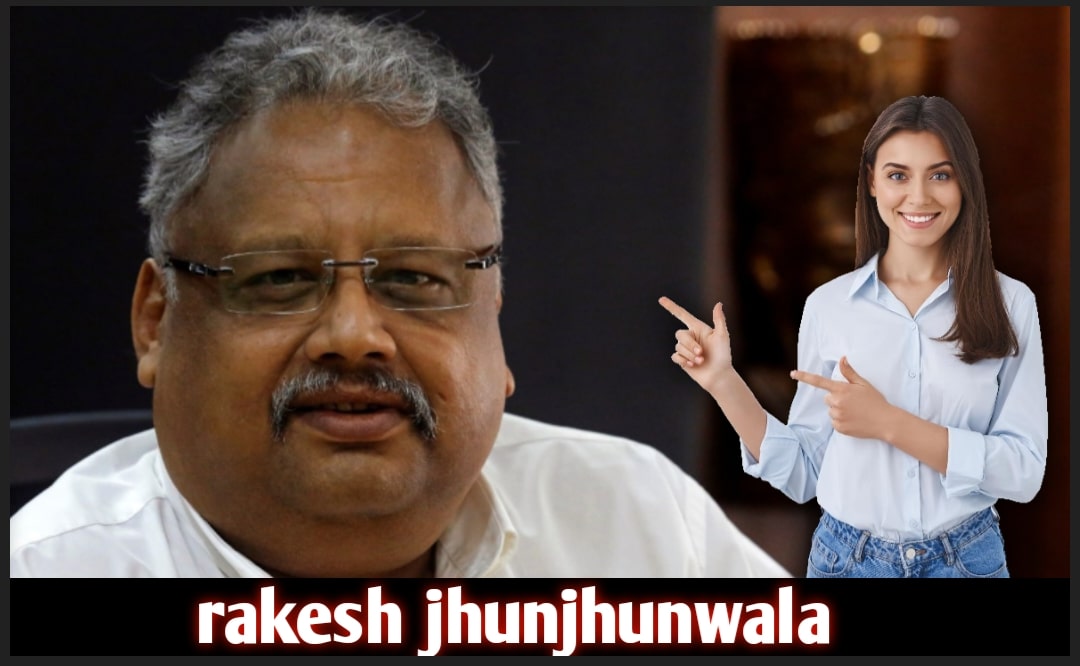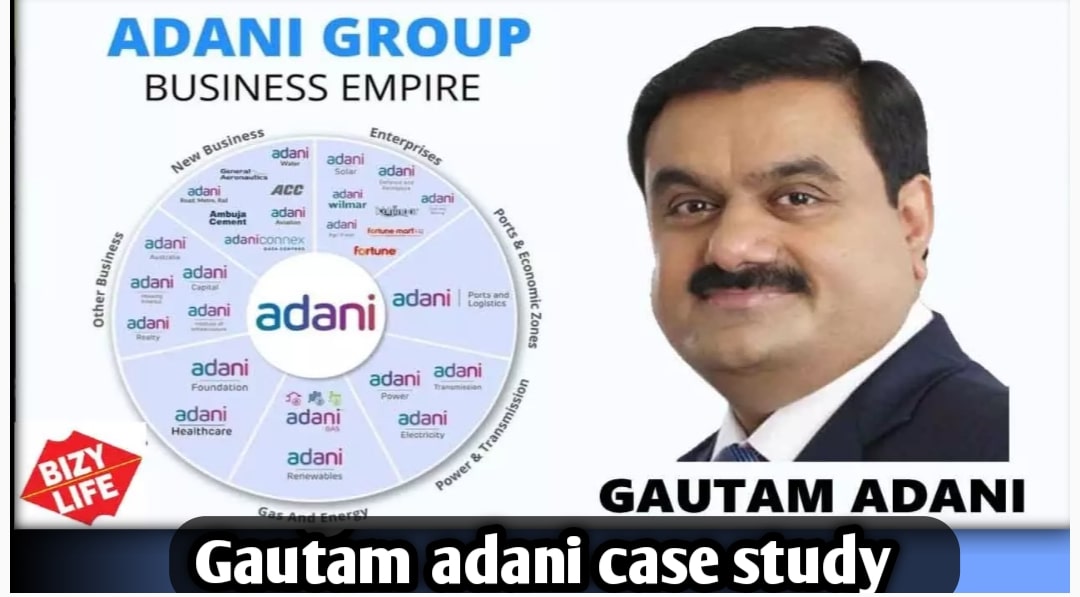1. The birth of mahatma gandhi
Mahatma Gandhi was born on October 2, 1869, in Porbandar, Gujarat, India
.the Born in 1869 in Gujarat, India, Gandhi studied law at the Inner Temple in London. After unsuccessfully attempting to practise in India, he moved to South Africa in 1893, where he stayed for 21 years.

- Mohandas Karamchand Gandhi, commonly known as Mahatma Gandhi, was born on October 2, 1869, in Porbandar, Gujarat, India.
- Gandhi is known for his nonviolent philosophy of resistance and his role in India’s struggle for independence from British colonial rule. He employed nonviolent civil disobedience as a powerful tool to protest against unjust laws and bring about social and political change.
- The term “Mahatma,” meaning “Great Soul,” was first used to describe Gandhi by his close associate, Rabindranath Tagore. It became widely adopted as a respectful title for him.
- Gandhi played a pivotal role in leading campaigns for civil rights, economic self-reliance, and religious harmony in India. He advocated for the eradication of untouchability, the upliftment of women, and communal harmony among people of different religions.
- One of the most iconic events associated with Gandhi’s activism was the Salt March, also known as the Dandi March, which took place in 1930. Gandhi and his followers marched over 240 miles to the coastal village of Dandi, where they made salt from seawater in defiance of the British salt monopoly.
- Gandhi was a proponent of Swaraj, which means self-governance or self-rule. He believed that true independence could only be achieved through economic and political self-sufficiency, and he encouraged the revitalization of India’s traditional industries and handicrafts.
- Gandhi was a strong advocate for communal harmony and religious tolerance. He firmly believed in the principle of Sarvodaya, which means the welfare of all. He opposed religious divisions and promoted unity among people of different faiths.
- Despite his advocacy for nonviolence, Gandhi was assassinated on January 30, 1948, in New Delhi by Nathuram Godse, a Hindu nationalist who disagreed with Gandhi’s views on partition and his efforts towards interfaith harmony.
- Gandhi was known for his simplicity and austere lifestyle. He practiced minimalism, wore simple homespun clothing called khadi, and encouraged people to live a frugal life in order to reduce dependence on imported goods and promote self-sufficiency.
- Gandhi’s philosophy and methods of nonviolent resistance have had a profound impact on movements for civil rights, freedom, and social justice around the world. He remains an iconic figure and is often referred to as the Father of the Nation in India.
BIOGRAPHY OF MAHATMA GANDHI
Mahatma Gandhi, born as Mohandas Karamchand Gandhi on October 2, 1869, in Porbandar, Gujarat, India, was a prominent leader in the Indian independence movement against British colonial rule. He is revered as the Father of the Nation in India for his pivotal role in achieving India’s independence through nonviolent means.
Gandhi grew up in a devout Hindu family and received his education in law in London, England. After completing his studies, he practiced law in South Africa, where he became exposed to racial discrimination and injustice. These experiences ignited his passion for social justice and planted the seeds of his philosophy of nonviolence.
In 1915, Gandhi returned to India and emerged as a prominent figure in the struggle for independence. He advocated for the rights of the common people, championed self-rule, and promoted nonviolent civil disobedience as a means to challenge unjust laws and systems. Gandhi believed in the power of truth, nonviolence, and love to transform society and bring about positive change.
Some of Gandhi’s notable campaigns include the Champaran and Kheda Satyagrahas, where he mobilized peasants and farmers against oppressive land and tax policies. The most famous event associated with Gandhi’s activism was the Salt March (Dandi March) in 1930. It was a peaceful protest against the British salt monopoly, where Gandhi and his followers marched over 240 miles to produce salt from seawater, defying the British laws.
Gandhi’s nonviolent resistance approach inspired millions of people in India and around the world. He advocated for communal harmony, religious tolerance, and the upliftment of marginalized sections of society, including the Dalits (formerly known as untouchables) and women.
Despite facing numerous arrests and imprisonments, Gandhi remained committed to his principles and led various movements, such as the Quit India Movement in 1942, demanding an end to British rule in India. On August 15, 1947, India finally achieved independence, and Gandhi’s efforts were instrumental in the country’s struggle for freedom.
Sadly, Mahatma Gandhi was assassinated on January 30, 1948, in New Delhi by Nathuram Godse, a Hindu nationalist who disagreed with Gandhi’s views on partition and his efforts towards interfaith harmony.
Gandhi’s legacy transcends borders and continues to inspire people advocating for peace, justice, and nonviolence worldwide. His principles of truth, nonviolence, and social harmony remain influential and relevant in today’s world.
MAHATMA GANDHI AND INDEPENDENCE INDIA
Mahatma Gandhi played a crucial role in India’s struggle for independence from British colonial rule. He became the foremost leader and symbol of the Indian independence movement, employing nonviolent civil disobedience as a powerful tool to challenge British authority and bring about political and social change.
Gandhi’s involvement in India’s independence movement began in the early 20th century when he returned to India from South Africa, where he had been fighting against racial discrimination. He quickly became a prominent figure and mobilized people across the country to unite in their quest for freedom.
One of Gandhi’s significant contributions was his leadership during the nonviolent mass protests and campaigns. He encouraged people to peacefully resist unjust laws and practices and emphasized the importance of moral courage and self-discipline. His nonviolent approach, known as Satyagraha, aimed to awaken the conscience of oppressors and bring about a change of heart through peaceful means.
Gandhi led numerous movements and campaigns that became milestones in the struggle for independence. The Salt March (Dandi March) in 1930 was a pivotal event where Gandhi and his followers marched to the coastal village of Dandi, producing salt from seawater in defiance of the British salt monopoly. This symbolic act galvanized the nation and marked a turning point in the fight against British rule.
He also called for the Quit India Movement in 1942, demanding an immediate end to British rule. This movement witnessed widespread protests and acts of civil disobedience, with millions of Indians actively participating in the struggle for freedom.
Gandhi’s philosophy of nonviolence and his inclusive approach were instrumental in uniting diverse communities in the fight for independence. He emphasized Hindu-Muslim unity, fought against untouchability, and advocated for the rights of women and marginalized sections of society.
On August 15, 1947, India finally achieved independence, and the country celebrated its freedom from British rule. Mahatma Gandhi’s tireless efforts and his philosophy of nonviolence played a significant role in inspiring and mobilizing the masses during the independence movement.
It is important to note that while Gandhi was a key figure in the fight for independence, the movement was a collective effort involving numerous leaders, activists, and ordinary citizens who contributed to the cause. However, Gandhi’s leadership, moral authority, and philosophy continue to be closely associated with India’s struggle for independence, and he remains a revered figure in the country’s history.
